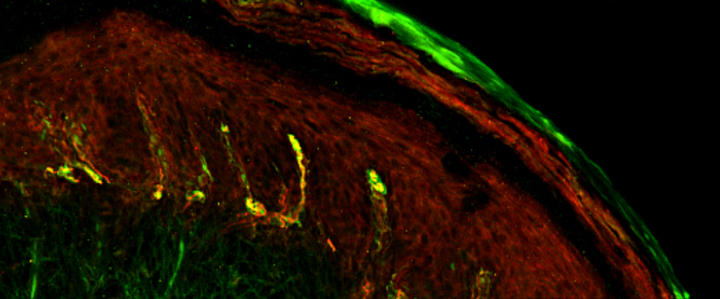

© Lewin Lab, MDC
News & Events

In the Media
-

"Wir sehen im Abwasser eine Sars-CoV-2-Sommerwelle"
-

„Industry-on-Campus“ in Berlin: Medizintechnikfirma Bruker und Max Delbrück Center starten Partnerschaft
-

Corona im Sommer: Das Virus wird uns auch in den warmen Monaten beschäftigen
-

Immunzellen, die sich nicht deaktivieren lassen: Warum Covid-19 mal schwer und mal mild verläuft








